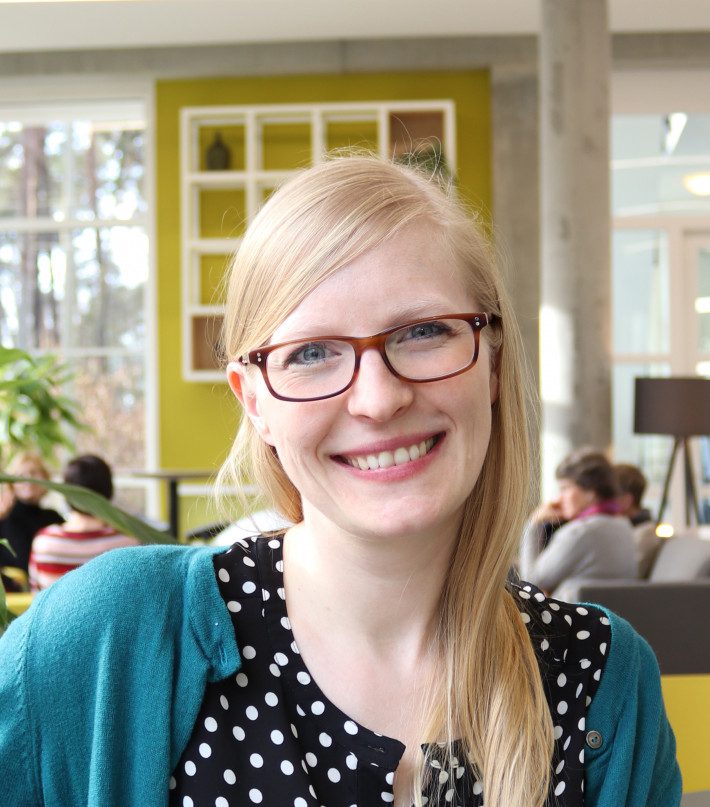
How do babies learn to interact successfully with others? How do social interactions early in life shape early development? I am curious about the interplay between cognitive and social processes and their neural underpinnings in early childhood. By studying the brain and behaviour of infants and young children, I hope to contribute some answers to these questions.
In my PhD, I investigated joint action development and its distinct neurocognitive processes: planning, controlling and monitoring one’s own actions as well as predicting and monitoring others’ actions. As a postdoc, I continued my research on joint action development while also investigating other social processes such as:
To investigate early behavior, I make use of Eyetracking and motion tracking. In addition, I use EEG to get to know more about infants’ and young children’s brain activity. By combining EEG with behavioral measures, I look into the link between brain activity and young children’s behavior.
I currently conduct my research as a assistant professor in the Baby Research on Action, Interaction and Neurocognition Group together with professor Sabine Hunnius. I am further collaborating with colleagues from the Infant Learning and Development Laboratory at the University of Chicago.
Meyer, M., Chung, H., Debnath, R., Fox, N., & Woodward, A. L. (2022). Social context shapes neural processing of others’ actions in 9-month-old infants. Journal of Experimental Child Psychology, 213, 105260.
Meyer, M., Endedijk, H. M., & Hunnius, S. (2020). Intention to imitate: Top-down effects on 4-year-olds’ neural processing of others’ actions. Developmental cognitive neuroscience, 45, 100851.
Meyer, M., Vijayakumar, S., Bekkering, H., Janssen, D. J., de Bruijn, E. R., & Hunnius, S. (2015). Oops-That was a mistake! How toddler brains react to feedback.